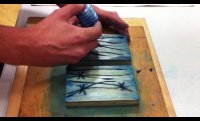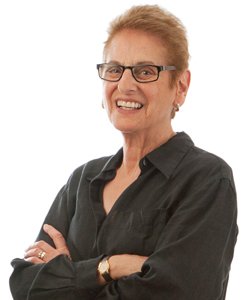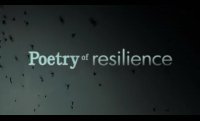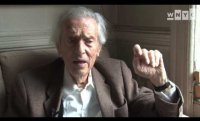Goethe Prize Goes to Syrian Poet, a First for the German Honor
Joining the ranks of Herman Hesse and Sigmund Freud, Syrian-born poet Adonis is the first Arabic-speaking writer to win the triennial Goethe Prize for literature. The eighty-one-year-old poet, whose Selected Poems in a translation by Khaled Mattawa (Yale University Press, 2010) recently won the 2011 PEN Award for Poetry in Translation, received fifty thousand euros at a ceremony last Sunday, Goethe's birthday. (The prize is worth approximately $71,365.)
Goethe himself introduced aspects of Arabic literature to European readers—inspired by the Persian poet Hafiz, Goethe published the poetry collection West-östlicher Divan (West-Eastern Divan) in 1819. In a reversal, according to the prize judges, "Adonis has carried the accomplishments of European modernity into Arabic cultural circles, with great effect."
"I wanted to draw on Arab tradition and mythology without being tied to it," said Adonis of his process in an interview with the New York Times (via the Guardian). "I wanted to break the linearity of poetic text—to mess with it, if you will. The poem is meant to be a network rather than a single rope of thought."
Adonis, who adopted his pen name at the age of nineteen (he was born Ali Ahmad Said Esber), is the author of more than twenty books of poetry including Mihyar of Damascus (BOA Editions, 2008), A Time Between Ashes and Roses (Syracuse University Press, 2004), and If Only the Sea Could Sleep (Green Integer, 2002).









